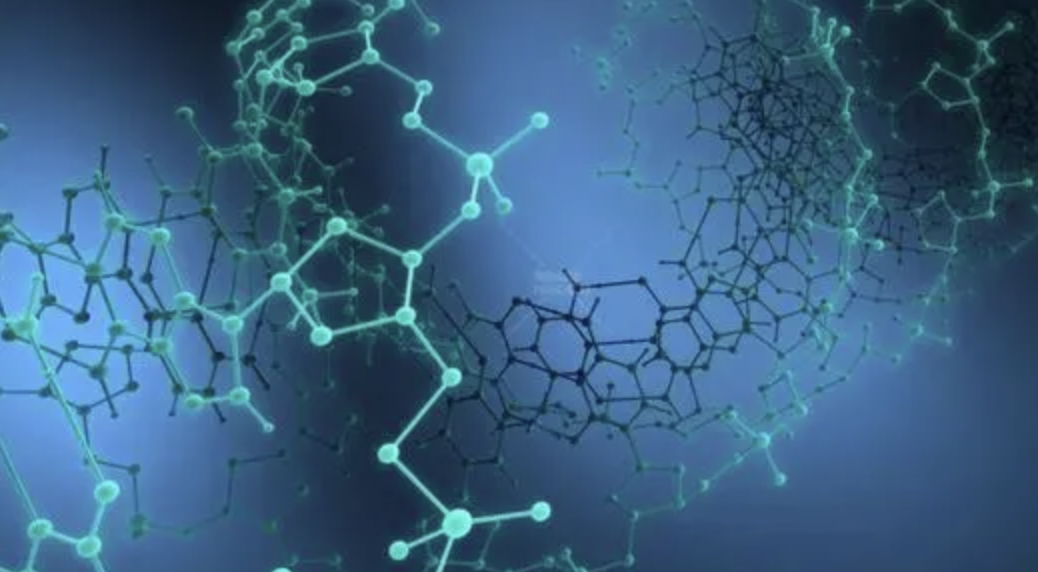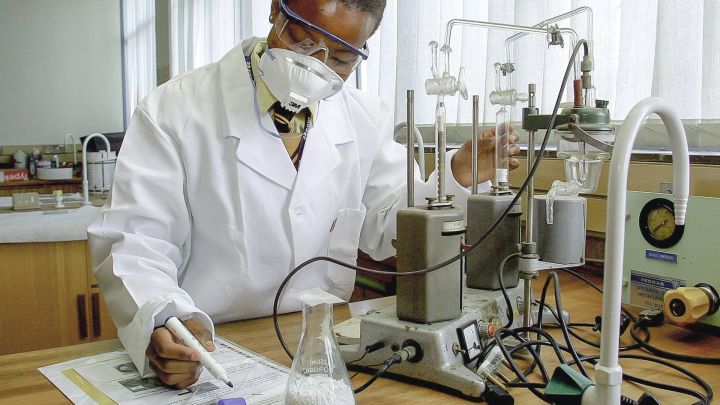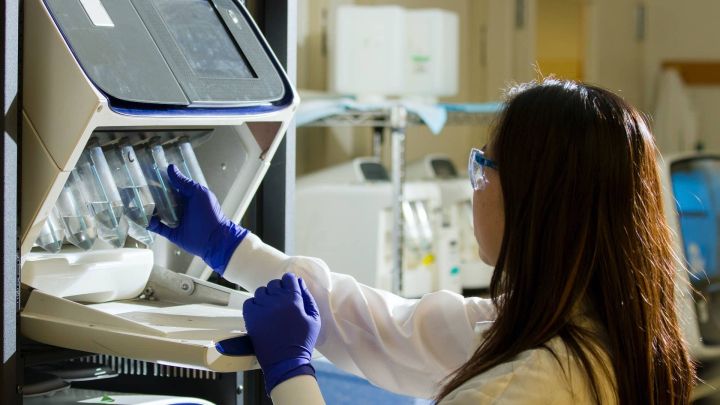Apparatus
World's 2nd KRAS Inhibitor Approved For Non-Small Cell Lung Cancer With 80% Efficacy!
The FDA has granted accelerated approval to Adagrasib for the treatment of patients with KRAS G12C mutations in non-small cell lung cancer. In the trial, the drug resulted in disease control in 80% of patients, of which, 43% had substantial tumour shrinkage.

Recently, the US FDA accelerated approval of Adagrasib (Krazati) for the treatment of patients with locally advanced or metastatic non-small cell lung cancer with KRAS G12C mutations, requiring patients to have received at least one prior systemic regimen.

KRAS G12C is a common mutation in non-small cell lung cancer, with approximately 14% of lung adenocarcinoma patients having this mutation. This mutation also means that the prognosis is worse and treatment options are very limited.
Adagrasib is a highly selective and potent oral small molecule inhibitor of KRAS G12C. A key feature of Adagrasib is that it maintains inhibition of the target site, which is important in cancers with KRAS G12C mutations, as the KRAS G12C protein regenerates every 24-48 hours. In addition, Adagrasib penetrates the central nervous system, which is also important because patients with non-small cell lung cancer also frequently develop central nervous system metastases.

Basis for approval:
The approval was based on the results of the KRYSTAL-1 trial, a multicentre, single-arm trial enrolling patients with locally advanced or metastatic non-small cell lung cancer carrying the KRAS G12C mutation. Efficacy was assessed in 112 patients with disease progression following platinum-based chemotherapy and immune checkpoint inhibitor therapy.
Enrolled patients received 600 mg of Adagrasib orally twice daily until disease progression or unacceptable side effects occurred.
The results showed that 43% of patients had substantial tumour shrinkage and the efficacy was maintained for an average of 8.5 months. In addition, a total of 80% of patients had their disease controlled.
Safety:
Common side effects of treatment included diarrhoea, nausea, fatigue, vomiting, musculoskeletal pain, hepatotoxicity, renal impairment, dyspnoea, oedema, decreased appetite, cough, pneumonia, dizziness, constipation, abdominal pain and prolonged QTc interval.

Common laboratory abnormalities include decreased lymphocytes, increased aspartate aminotransferase, decreased sodium, decreased haemoglobin, increased creatinine, decreased albumin, increased alanine aminotransferase, increased lipase, decreased platelets, decreased magnesium and decreased potassium.
"There is a huge unmet medical need for patients with KRAS G12C mutated non-small cell lung cancer and the approval of the new therapy gives patients new hope for survival. I am delighted that patients have new treatment options and that there is growing interest in this disease." said the founder of the GO2 Lung Cancer Foundation.
Adagrasib is also currently continuing to be evaluated

as a single agent and in combination with other anti-tumour therapies in solid tumours with KRAS G12C mutations, including non-small cell lung cancer, colorectal cancer and pancreatic cancer. Let's look forward to more good news!
-
![]()
![]() ApparatusFeb 16, 2026
ApparatusFeb 16, 2026World's First Antibody Targeting B7H7 Approved For Clinical Trial In The Us
-
![]()
![]() ApparatusFeb 15, 2026
ApparatusFeb 15, 2026Fda Accepts Zuranolone's Nda Application And Grants It Priority Review For The Treatment Of Mdd And Pdd
-
![]()
![]() ApparatusFeb 14, 2026
ApparatusFeb 14, 2026Heavyweight! First ADC Drug For Refractory Ovarian Cancer Receives Accelerated FDA Approval
-
![]()
![]() ApparatusFeb 13, 2026
ApparatusFeb 13, 2026Immune And Astrazeneca Launch Strategic Research Collaboration To Accelerate Drug Target Discovery
-
![]()
![]() ApparatusFeb 12, 2026
ApparatusFeb 12, 2026The "hand speed" is extremely fast, and scientists create a DNA robot arm that can move at a high speed




